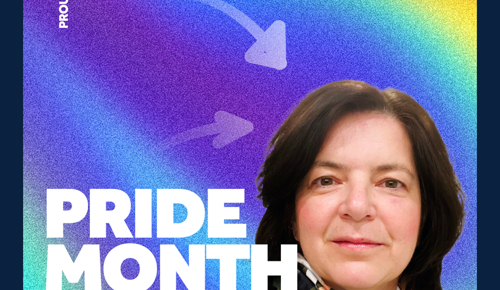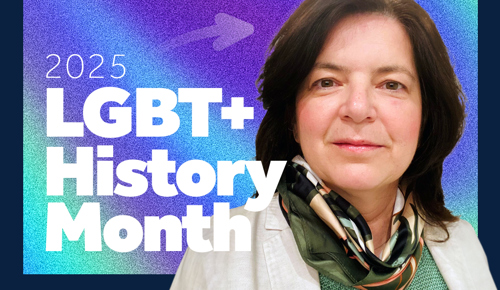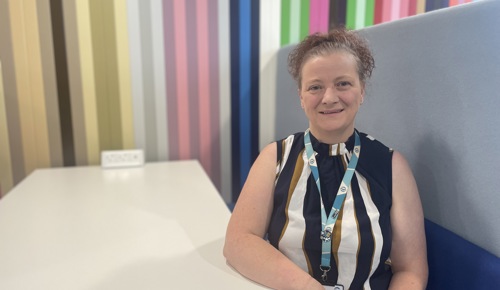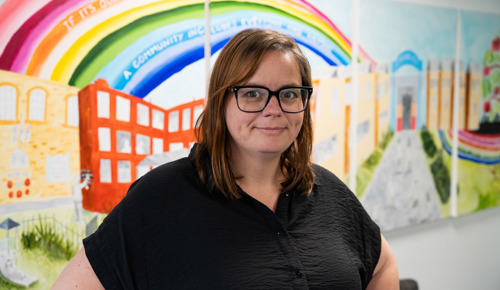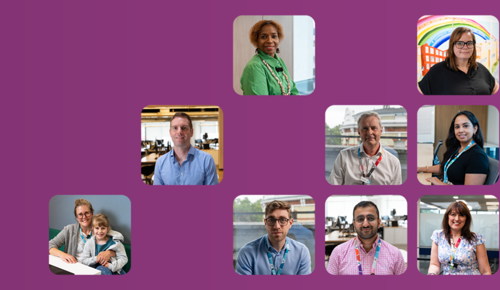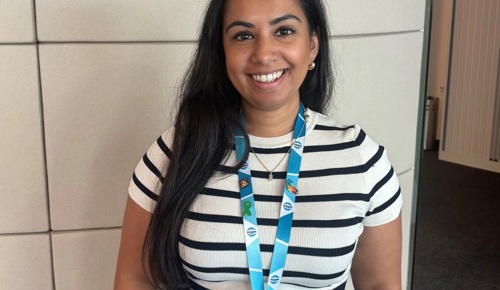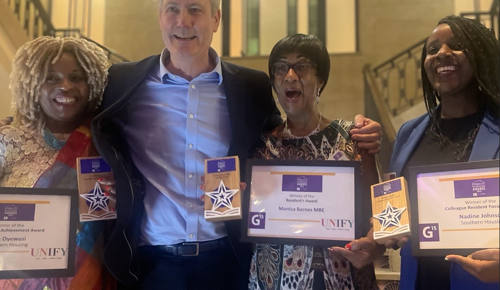This International Women’s Day, I want to shine a light on an issue that affects countless women living with genetic conditions, one that’s left many of us misdiagnosed, untreated, and unheard for far too long.
For years, women have been labelled as "just carriers" of genetic diseases, a term that’s minimised our symptoms, delayed our diagnoses, and denied us the care we deserve. But today, I want to challenge that outdated belief.
As someone with Alport syndrome, a rare genetic condition that affects the kidneys, hearing, and eyesight, I know first-hand how harmful this misconception can be.
Women with Alport syndrome have long been told they only experience “mild” symptoms, if any, yet studies show many develop kidney failure, hearing loss, and vision problems - sometimes severe, sometimes life-threatening. And yet, because we’ve been dismissed as “carriers,” many of us have gone unmonitored and untreated until it’s too late.
Alport syndrome isn’t the only condition where this happens. Duchenne muscular dystrophy, haemophilia, Fabry disease, and many other X-linked disorders have historically been seen as diseases that primarily affect men, while women have been overlooked, even when they experience significant symptoms.
Many suffer from chronic pain, fatigue, organ damage, or other complications that could have been managed if only they had been taken seriously earlier.
This is a gender equality issue in healthcare
Women with genetic conditions deserve:
- Early diagnosis and proper monitoring
- Recognition as patients, not just carriers
- Access to treatments, research, and clinical trials.
This International Women’s Day, I’m not just speaking out, I’m taking action.
I actively participate in campaign groups, workshops, and studies to support further research, raise awareness in the medical world, and push for better outcomes for women with genetic conditions. By advocating for change, I hope to ensure that future generations of women aren’t dismissed or left without the care they deserve.
We must challenge outdated labels, push for better education among healthcare professionals, and ensure women’s voices are heard in medical research. Because we’re not JUST carriers and we deserve better.
Our news
All Articles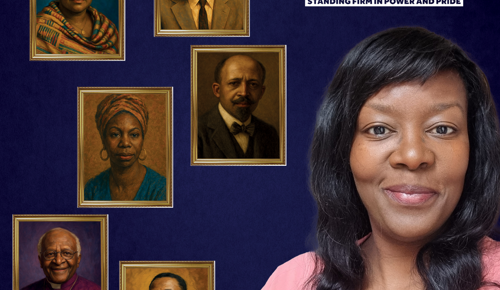
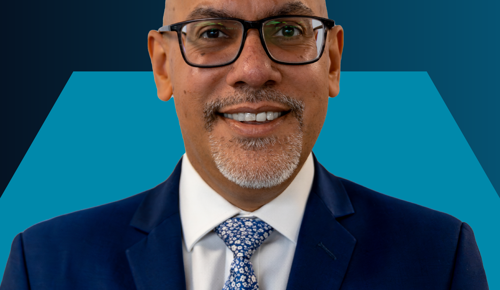
- 20 October 2025
- Diversity and inclusion
Blog: Celebrating Diwali - a festival of light, family and joy
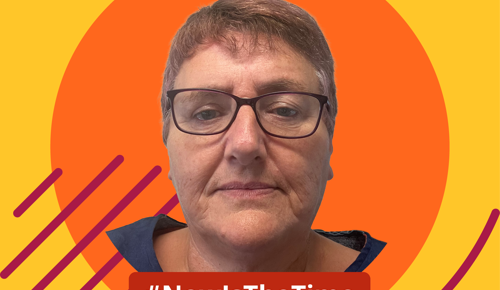

- 17 September 2025
- Diversity and inclusion
Blog: Creating office spaces with inclusion in mind

- 16 September 2025
- Diversity and inclusion
New Podcast: Equality Diversity and Inclusion at Southern Housing

- 20 June 2025
- Diversity and inclusion
Standing together this Pride month for Trans equality
